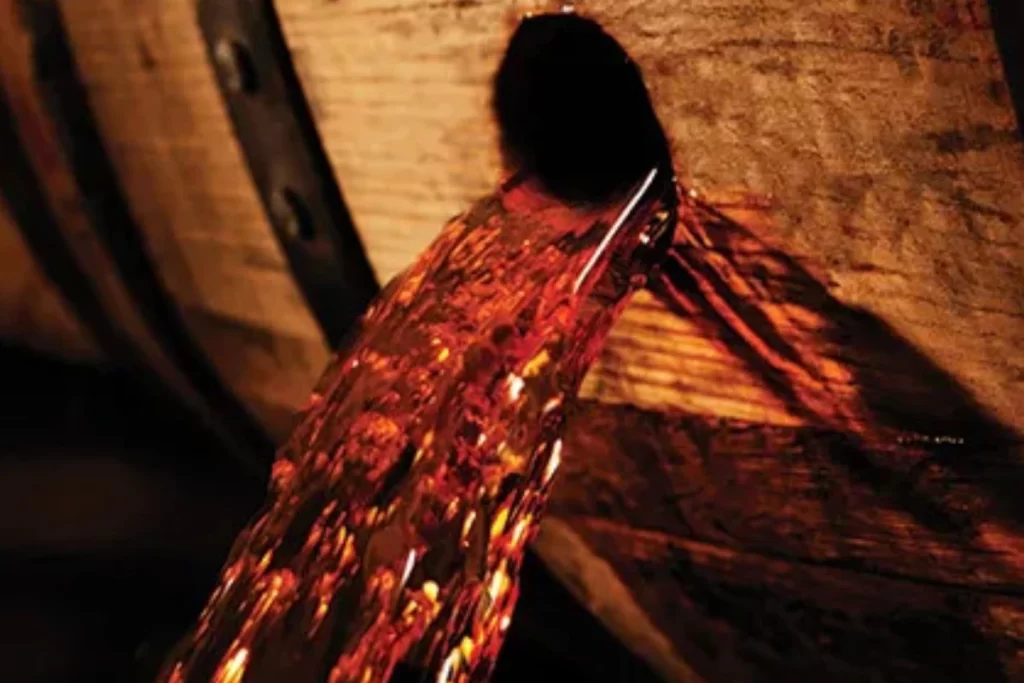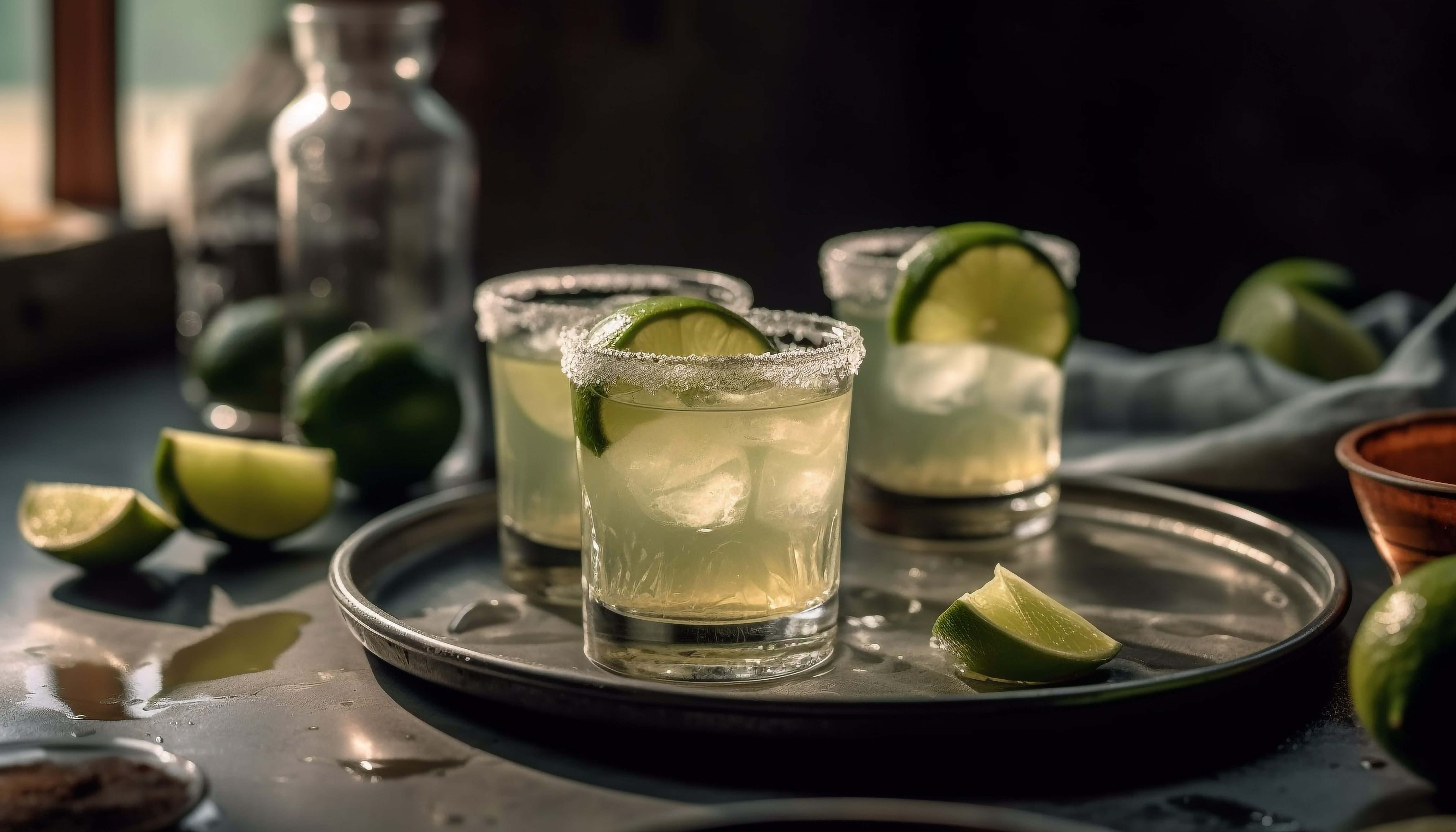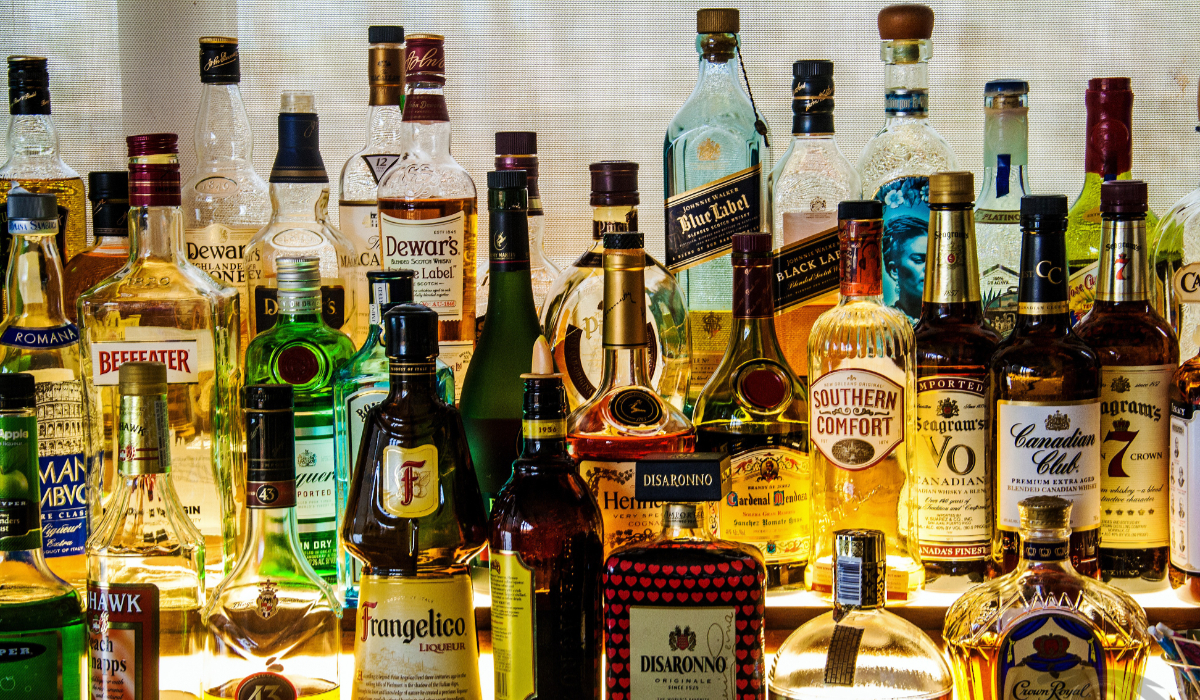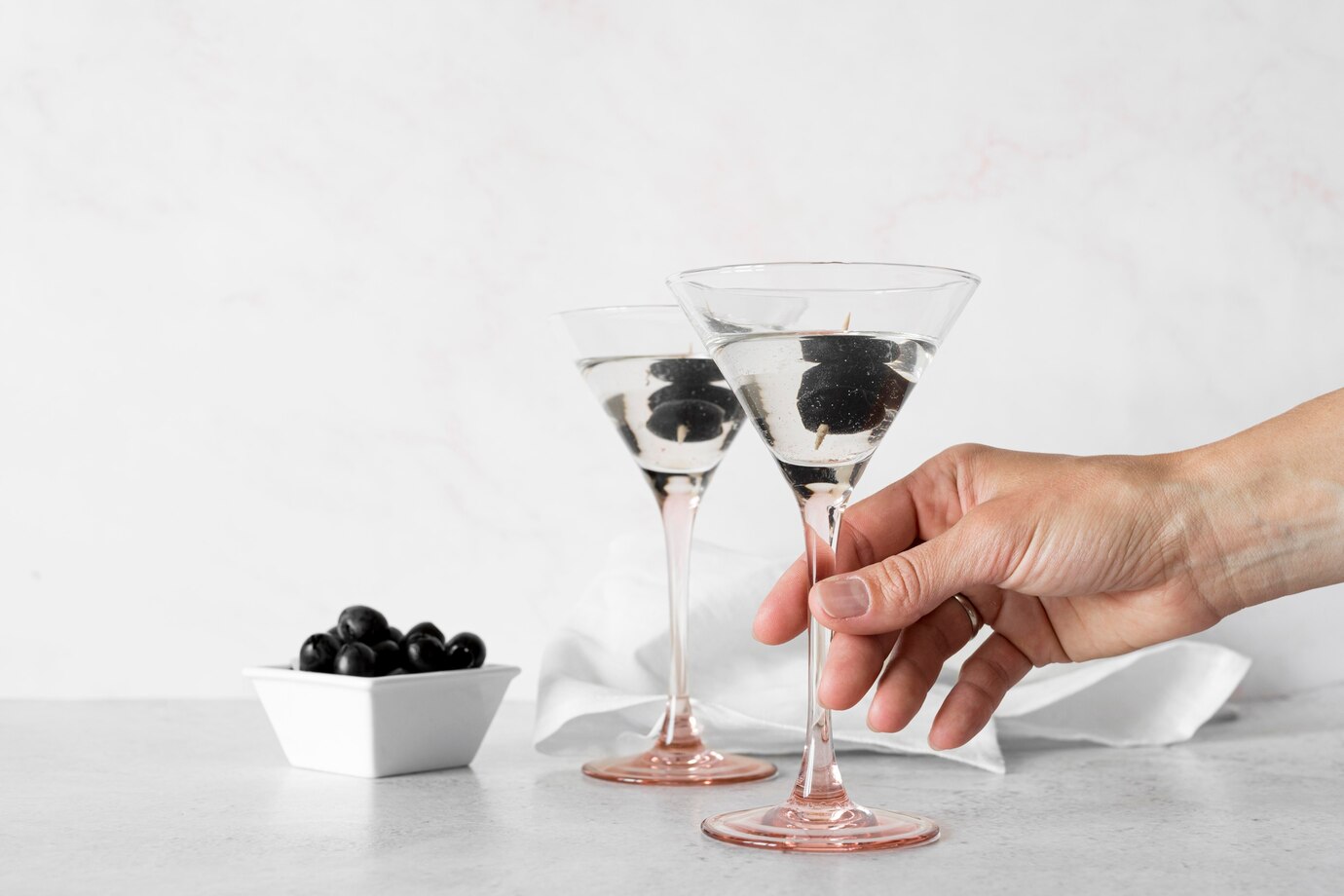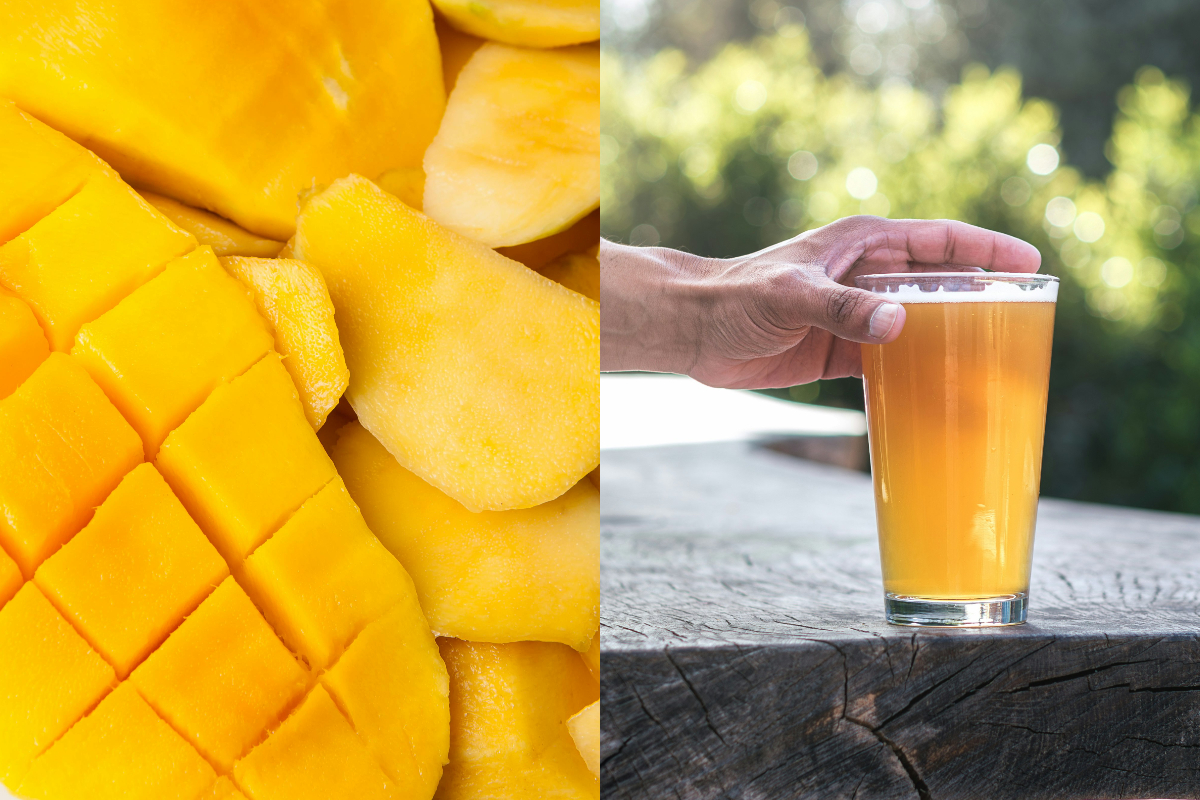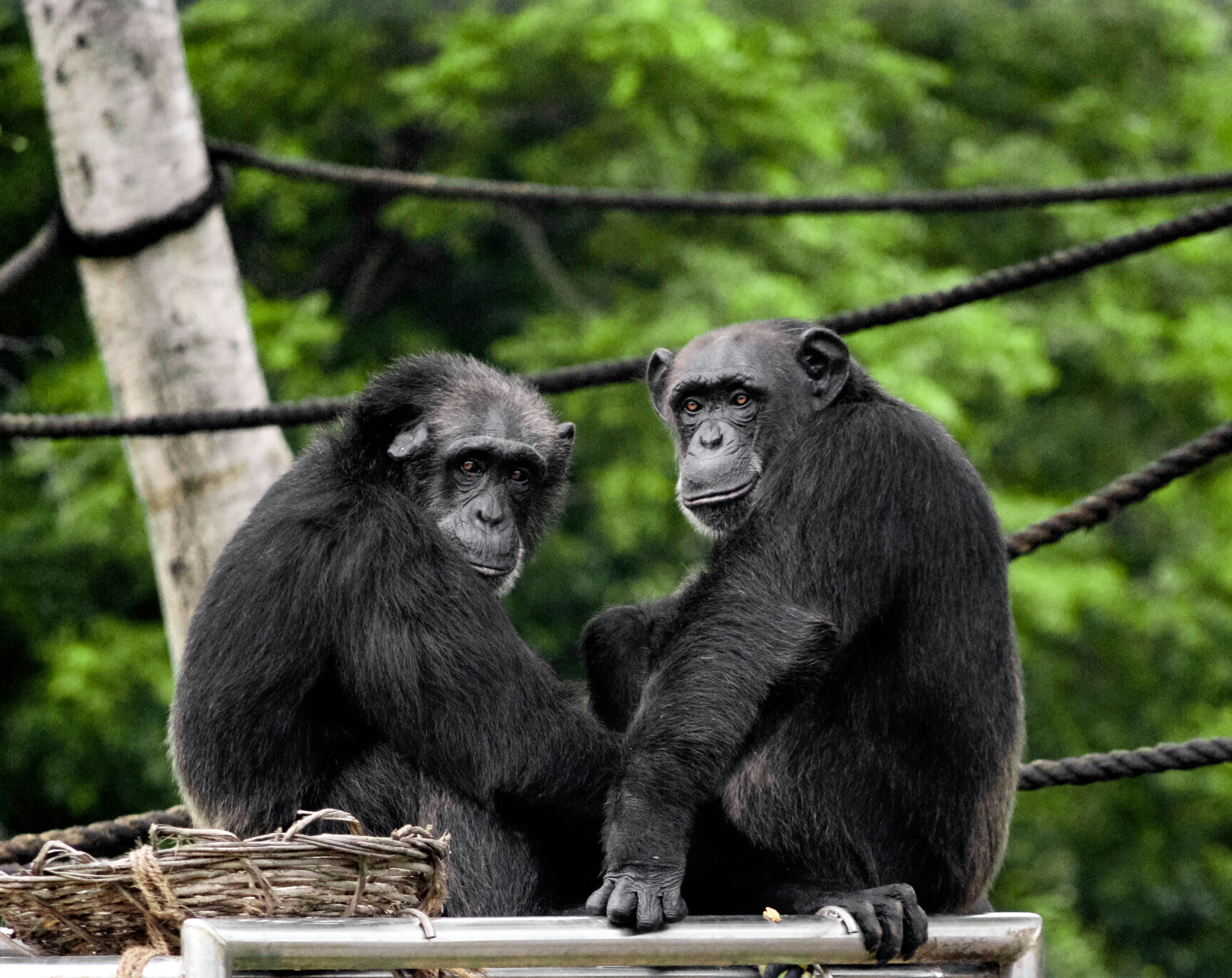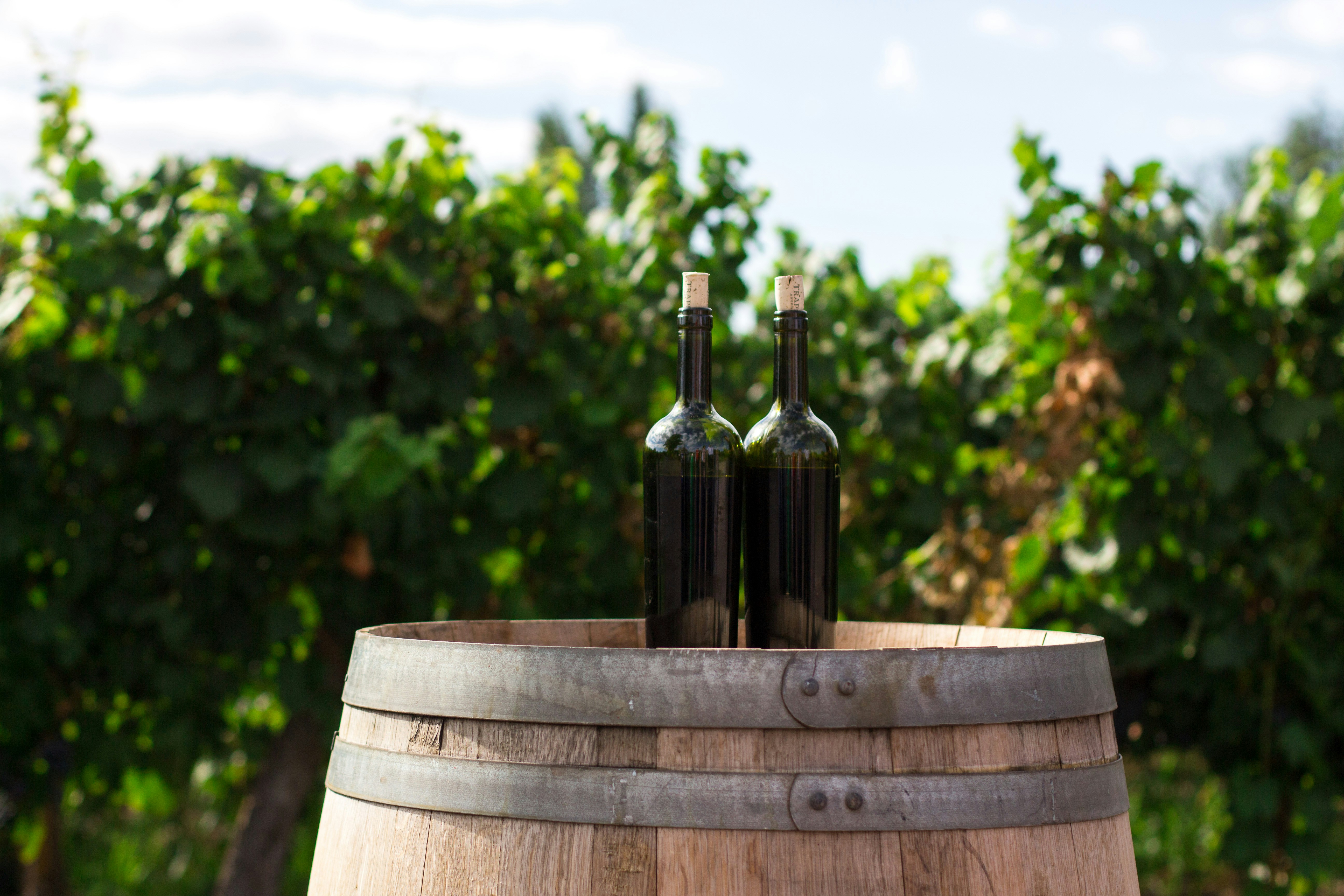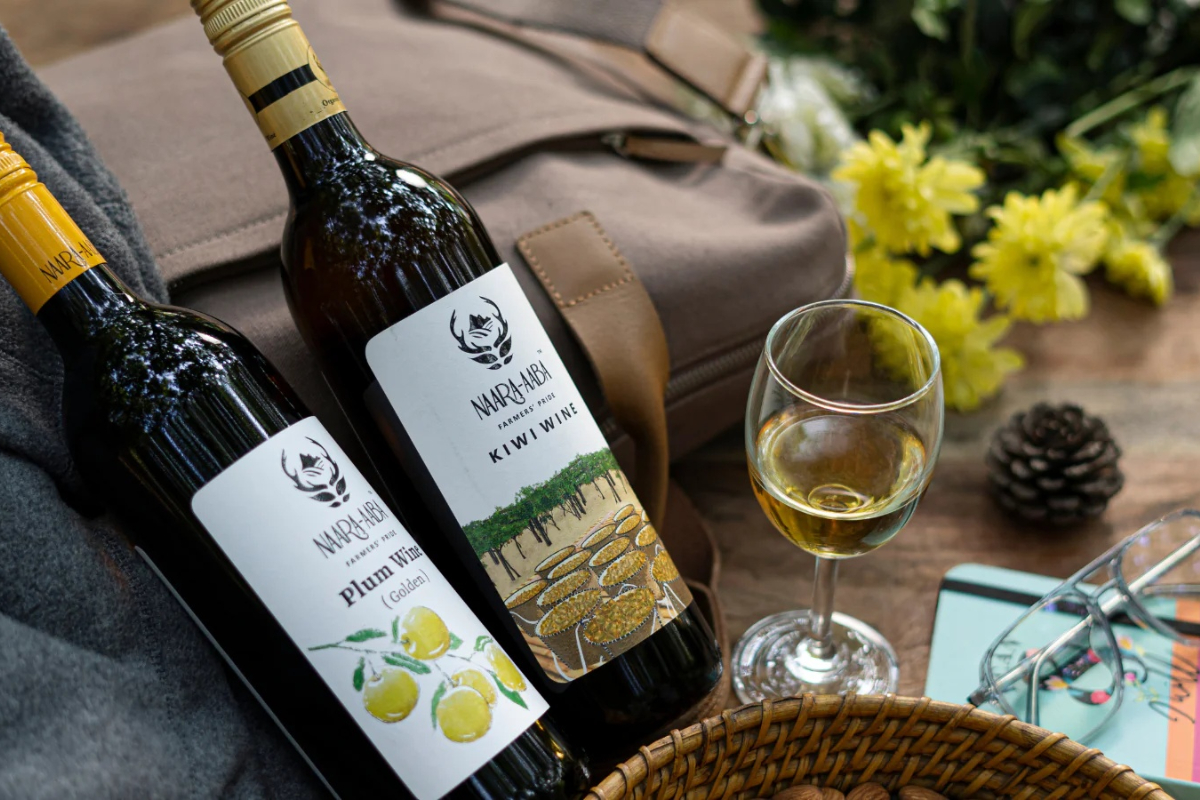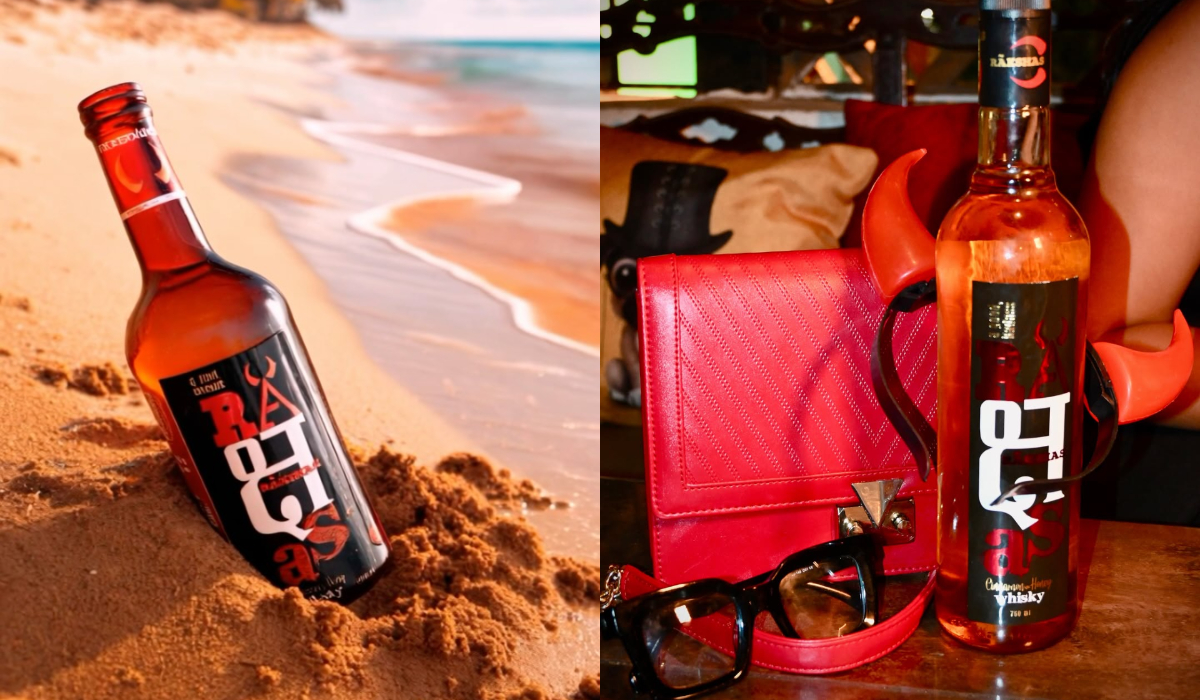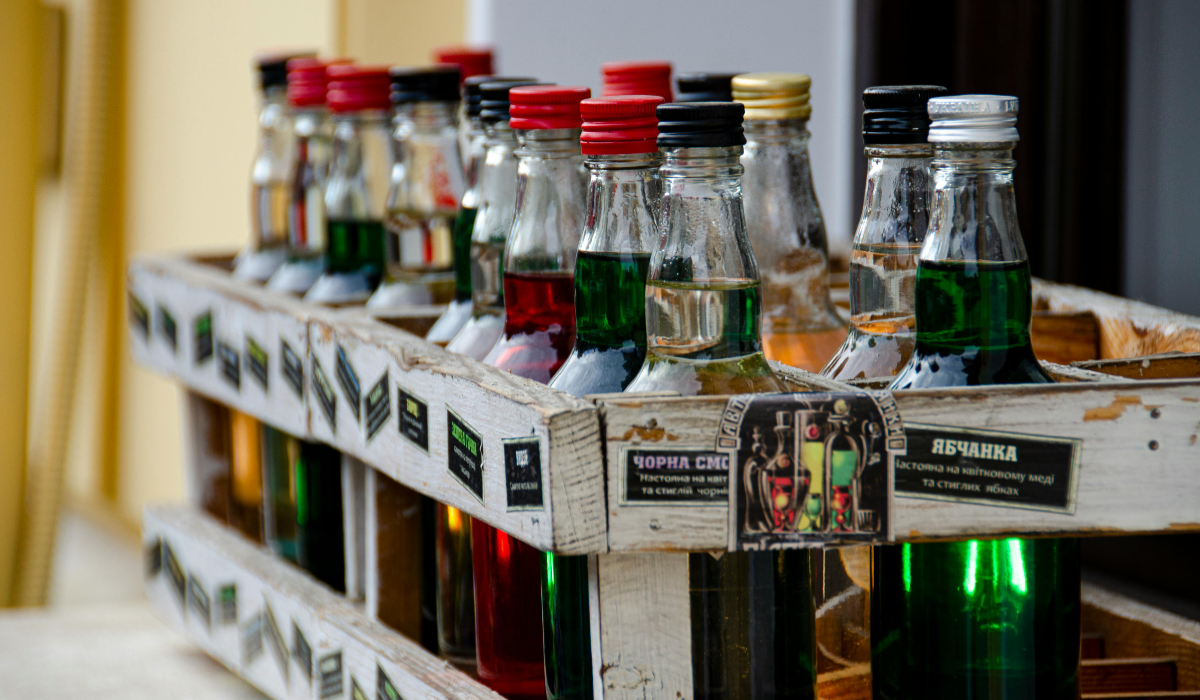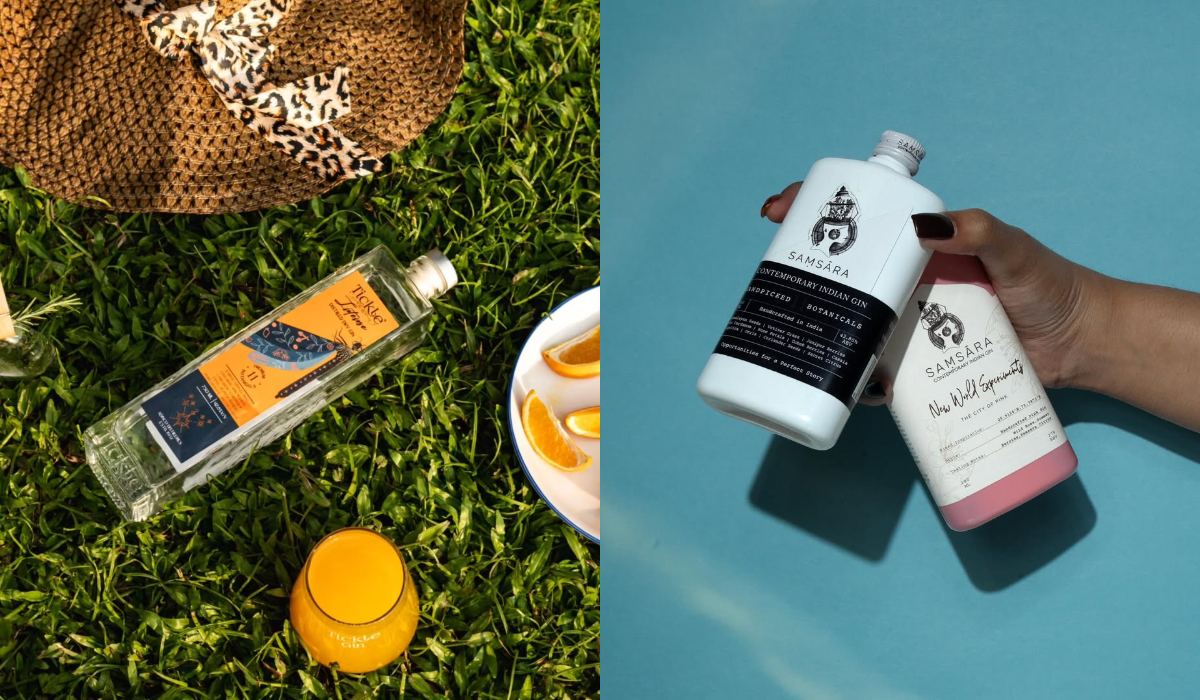India has recently reduced its import tariffs on bourbon whiskey from 150% to 100%, following criticism from former U.S. President Donald Trump regarding India’s trade practices. This decision, effective February 13, 2025, is expected to benefit American bourbon brands like Jim Beam. The reduction includes a basic customs duty of 50% and an additional levy of 50%. Tariffs on other liquor products remain unchanged at 150%.
Key Highlights of the Tariff Reduction
- Previous Tariff: 150% on bourbon whiskey imports.
- New Tariff: Basic customs duty set at 50%, with an additional levy of 50%, bringing the total to 100%.
- Other Liquor Imports: No changes in duties for other alcoholic beverages.
- Background: Former U.S. President Donald Trump had criticized India’s high import tariffs, calling them “very unfair.”
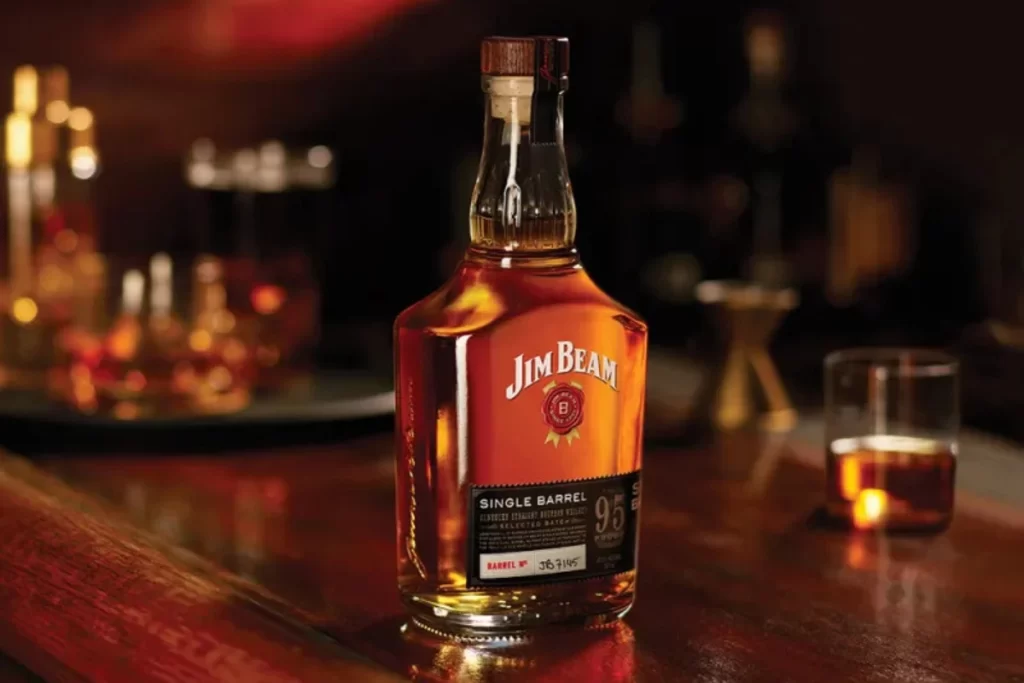
Impact on Bourbon Whiskey Imports
The reduction in tariffs is expected to encourage higher imports of bourbon whiskey from the U.S., making it more accessible to Indian consumers. With a lower price point, more whiskey enthusiasts may explore premium bourbon brands, leading to increased competition in India’s growing alcohol market. American whiskey brands, particularly Jim Beam and others, may gain a stronger foothold in India’s $35 billion spirits market.
Implications for India-U.S. Trade Relations
The tariff reduction is likely to improve trade relations between India and the U.S. The U.S. has previously criticized India’s high import duties, with President Trump referring to India as the “tariff king.” By lowering tariffs on bourbon whiskey, India is demonstrating a willingness to address trade concerns and foster better economic cooperation. This move aligns with India’s broader approach of gradually reducing trade barriers on select goods to strengthen global partnerships. While this change may not resolve all trade disputes, it represents a step toward more balanced trade between the two nations.
Market Response and Consumer Impact
- Price Adjustments: While bourbon will still be relatively expensive due to the 100% tariff, the reduction from 150% is likely to result in lower retail prices.
- Consumer Access: Indian whiskey connoisseurs will have a better selection of American bourbons at a more competitive price.
- Industry Reaction: Indian whiskey manufacturers may face increased competition from imported brands, potentially prompting local distillers to innovate and enhance their offerings.
Summing Up
India’s decision to reduce tariffs on bourbon whiskey marks a significant shift in trade policy, benefiting both American exporters and Indian consumers. While the 100% tariff remains high, the reduction from 150% is a step toward greater accessibility and a more competitive market. This change also signals a move towards smoother trade negotiations between India and the U.S., potentially setting the stage for further policy adjustments in the future.
